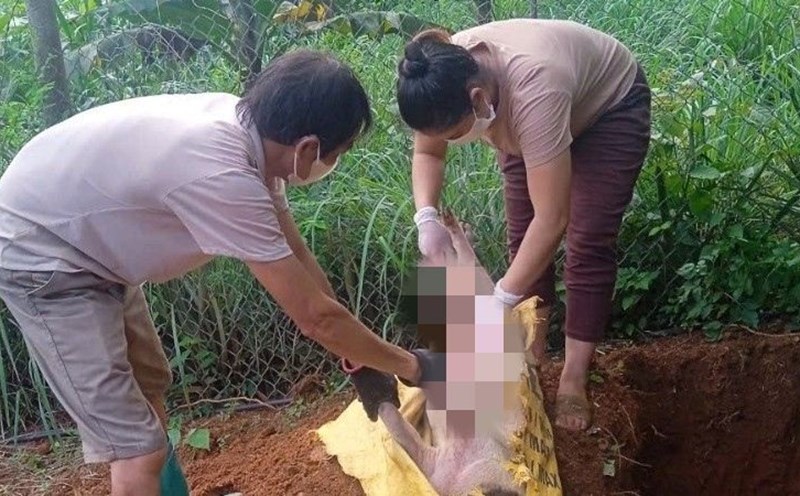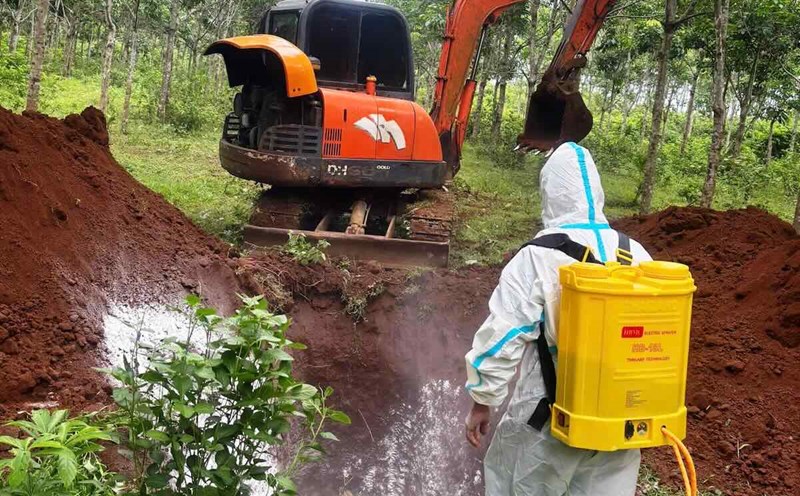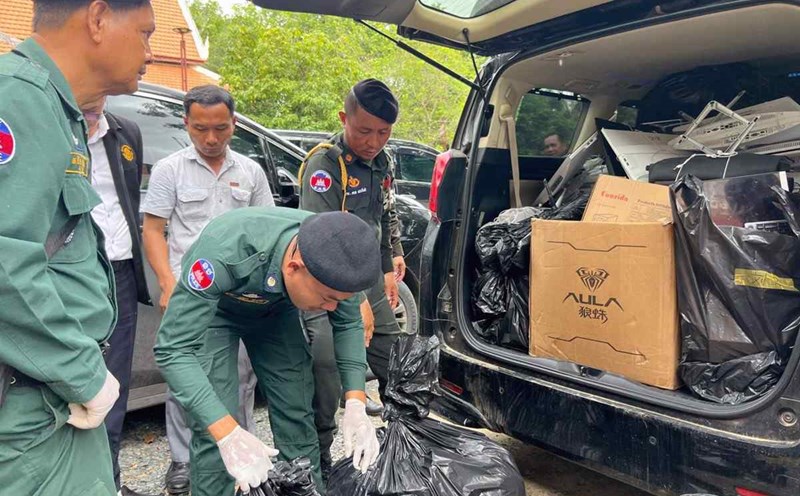31 countries recorded cases
According to the World Health Organization (WHO), from the beginning of 2025 to August 29, the whole world recorded more than 409,000 cholera cases in 31 countries, with nearly 4,800 deaths. WHO assessed that the global cholera epidemic is complicated, "the risk of further spread within and between countries is very high".
Some countries such as South Sudan, Sudan or the Democratic Republic of Congo are facing a widespread epidemic from 2024.
In the past 12 years, Vietnam has not recorded any cholera cases.However, according to the Ministry of Health, our country is still facing the risk of epidemics entering due to increasingly expanded trade, tourism and international integration.Although Europe and the Western Pacific have not yet recorded an outbreak, the complex situation in Africa and the Eastern Mediterranean could put great pressure on the domestic epidemic prevention system.
Immediately after WHO issued the warning, the Ministry of Health proactively contacted, updated information, and developed a monitoring, monitoring and response plan.
The spread of the disease
Dr. Hoang Minh Duc - Director of the Department of Prevention and Control (Ministry of Health) - said that chills are one of the most dangerous infectious diseases, with the main characteristics of acute diarrhea, dehydration and severe electrolyte disorders. If not diagnosed and treated promptly, the disease can cause a large epidemic with a high mortality rate. The pathogens are Vibrio cholerae bacteria, serum group 01 and O139. In Vietnam, Inaba and Ogawa strains have appeared in the past.
The disease is transmitted mainly through the digestive tract, through contaminated food and drinking water, especially foods of seafood origin. Bacteria can live in brackish water for a long time, clinging to aquatic species such as shrimp, crabs, clams, and mustards. Notably, about 75% of infected people have no symptoms, but still eliminate bacteria into the environment within 1-2 weeks, increasing the risk of silent spread in the community - Dr. Hoang Minh Duc added.
Currently, the Ministry of Health has directed its affiliated units to strengthen epidemic supervision at border gates and closely monitor immigration cases from areas with epidemics. Epidemiological and hygiene hospitals, Pasteur hospitals and central hospitals are required to prepare human resources, supplies, medicines, as well as complete treatment and diagnosis instructions for cholera.
Epidemic prevention communication work is also focused on. The Central Center for Health Education and Communication coordinates with the press and television to provide timely information, helping people identify symptoms and proactively go to medical facilities when needed.
The Department of Prevention and Control proposes stronger measures, including: Organizing meetings with international experts to assess risks; closely monitoring the situation at border gates and coastal areas; and conducting local inspections and supervisions. The Ministry also requested the provincial Departments of Health to establish inspection teams to ensure that they are not passive if the epidemic appears.
Localities are directed to strengthen supervision at medical facilities, communities, especially for people returning from areas with epidemics. When detecting a suspected case, it is necessary to quickly take samples for testing and handle it promptly to prevent the epidemic from spreading.
The Ministry of Health emphasizes that each person needs to proactively protect their health such as eating cooked, drinking boiled water; using clean water in daily activities. Maintain environmental sanitation, collect garbage, and kill flies. When there are signs of vomiting and diarrhea many times leading to dehydration, it is necessary to go to a medical facility immediately, do not self-treat at home. People going on business trips or traveling in areas with chills are advised to monitor their health within 5 days after returning and immediately contact a doctor if they have unusual symptoms.











